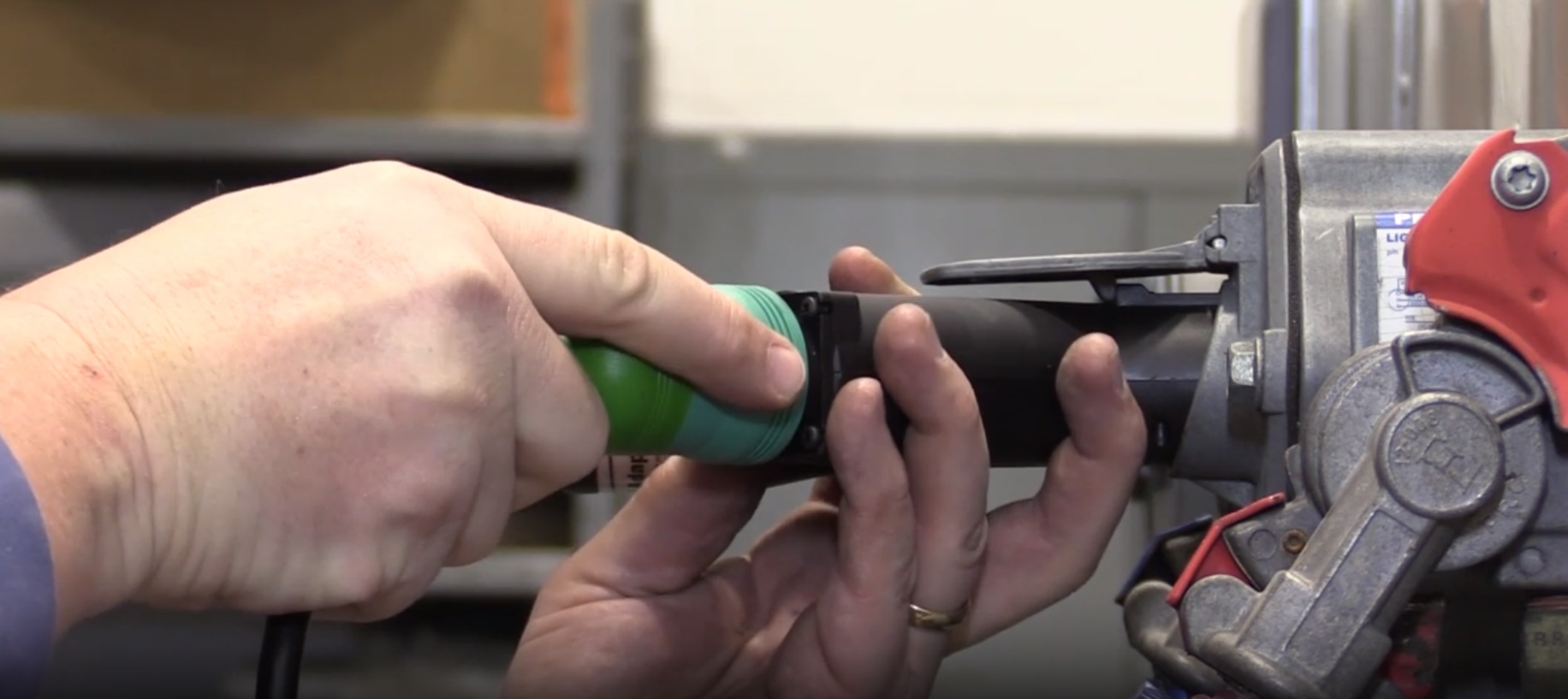Do used oil filters take up a lot of space at your repair shop? Would you like to turn these used oil filters into recyclable steel? If so, an oil filter crusher may be the perfect piece of equipment for your shop.
Oil filter crushers are safe, clean and easy to use. In most cases, crushing a filter is as simple as opening the crushing chamber door and placing the filter inside. A safety feature on many crushers prevent this door from being opened while the crushing ram is in any position other than fully raised. After turning the crusher on, the oil filters are crushed down to 20% to 25% of their original size, while removing up to 95% of the used oil trapped inside. The crushing process can be completed within 30 seconds to one minute. Once started, crushing units can operate unattended freeing the technician to move onto the next project.
Depending on your shop’s service requirements, oil filter crushers come in a variety of different models.
Many units come with a drain plug and hose at the bottom of the unit that allows any liquids in the filters to be drained directly into a drum for recycling.
When it comes to the physical size of the crusher unit, crushers range in size from ones that fit on the wall that crush one filter at a time up to ones that come with their own mounting stand and can crush multiple oil filters at once.
There also are options when it comes to powering the crushing unit. There are units that operate completely on shop air with no electricity needed and others that are completely electric/hydraulic and require no shop air.
Evaluating an Environmental Service Company
If your shop decides to contract with an outside source to dispose of used filters instead of recycling the filters and used oil on the premises, the following are some questions you should ask when evaluating an environmental service company:
What services does the company provide? Are collection drums supplied and clearly labeled? Can the company properly handle the used oil, filters and other wastes every step of the way or will several firms be needed to get the entire job done?
Does the company have the proper federal and state environmental permits and does it comply with all environmental regulations? For example, the EPA uses 12-digit identification numbers to track used oil. Transporters hauling used oil must have a valid EPA ID number, and generators, such as automotive service or repair shops, can only use transporters with EPA ID numbers for shipping used oil off site.
Does the company keep operating records including inspection and training records?
Are the facilities that are processing the oil fully and regularly audited?
Does the company have sufficient assets to protect its customers in the event of an accident, cleanup operation or legal proceedings stemming from the handling, treatment or disposal of the used oil and oil filters?
Have the company’s service representatives received documented training on environmental regulations and United Nations/Department of Transportation (UN/DOT) requirements, and do they have access to specialists who can be consulted if necessary?
However your shop decides to dispose of its used oil and oil filters, it’s wise to do a little research beforehand to make sure you’re meeting all environmental regulations in your area.

